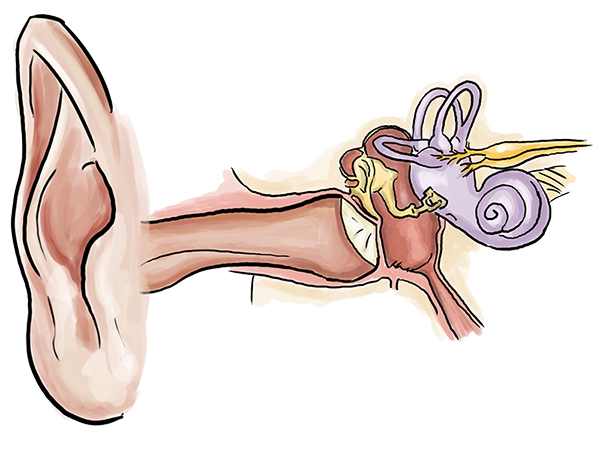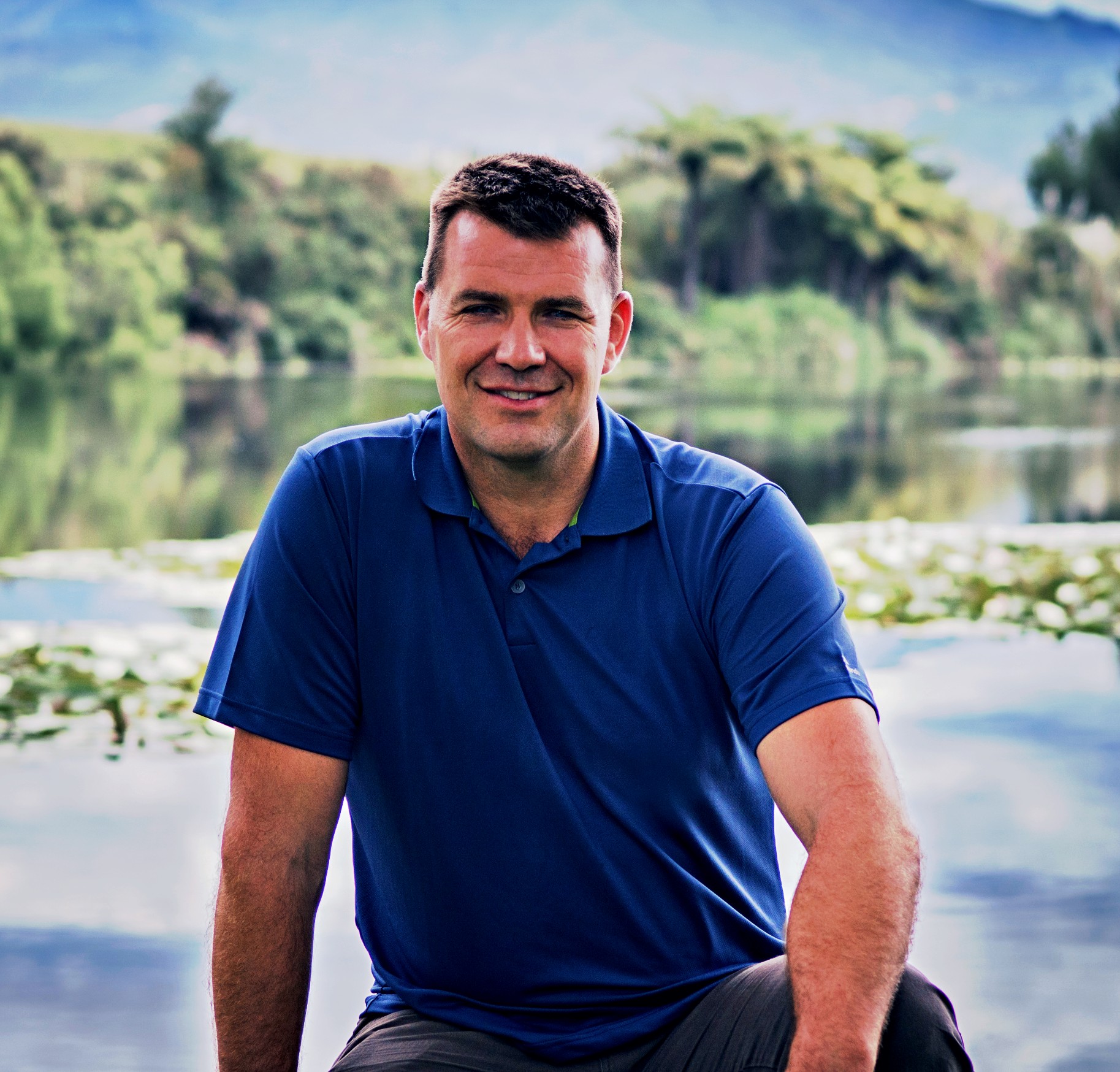Are you suffering from:
- Dizziness
- Blurred vision
- Vertigo (spinning)
- Difficulties with balance and gait
- Reduced balance walking in the dark
- A feeling of fogginess accompanied with neck pain
- Dizziness with specific head movements (e.g.rolling over in bed)
- Headache or Migraine
If you are experiencing any of the above symptoms it may be your Vestibular System, our body’s main balance system that allows our eyes to focus as our body moves. At The Dizziness Clinic we offer Vestibular Rehabilitation that help improve balance and minimise dizziness related problems.

What is the Vestibular System?
Dizziness is a common reason for people to seek medical attention and is often Vestibular related. The Vestibular System is our body’s main balance system and allows our eyes to maintain focus as our body moves. It can be damaged through injury or disease, often resulting in dizziness, vertigo, visual disturbance, and balance problems. Causes may be from inner ear disorders such as BPPV (vertigo), Labyrinthitis, Ménière’s disease, Post-concussion syndrome or other balance system disorders. When our Vestibular System is damaged the brain may no longer receive accurate information about motion and equilibrium.

Can Vestibular Rehabilitation help?
Vestibular Rehabilitation can retrain the brain to better recognise and process information from the Vestibular System in coordination with our other balance sensors to improve balance and minimise dizziness related problems.
Repositioning techniques to treat BPPV is also a common treatment method in Vestibular Rehabilitation.

What we do
A detailed assessment of your Vestibular and other balance systems can determine whether Vestibular Rehabilitation may be appropriate for you. We can diagnose your Vestibular condition and implement effective treatment strategies to maximise your recovery. We may refer you to an audiologist, ear, nose and throat specialist (ENT) or neurologist for further investigations if necessary.
- Benign paroxysmal positional vertigo (BPPV)
- Vestibular neuritis /labyrinthitis
- Ménière’s disease
- Cervicogenic Dizziness
- Unilateral/Bilateral Vestibular Loss
- Concussion
- Vestibular Migraine, Migraine or Headaches
- Acoustic Neuroma
- Mal de Debarquement
- Anxiety Related Dizziness/Persistent Postural Perceptual Dizziness (PPPD)
- Hyperventilation Syndrome
Individualised rehabilitation programmes are developed to a person’s specific needs. Results for BPPV can be swift with most BPPV patients normally requiring 2 sessions to resolve their vestibular symptoms.

About Us
Royce Willis graduated from the Auckland University of Technology (AUT) in 2013 with a Bachelor of Physiotherapy. His interest in Vestibular Rehabilitation, Concussion and other injuries began during a career in professional rugby including playing for the All Blacks. Sustaining numerous injuries and witnessing many others, stimulated his interest in becoming a Physiotherapist, and helping others achieve optimal outcomes in their rehabilitation journey.



